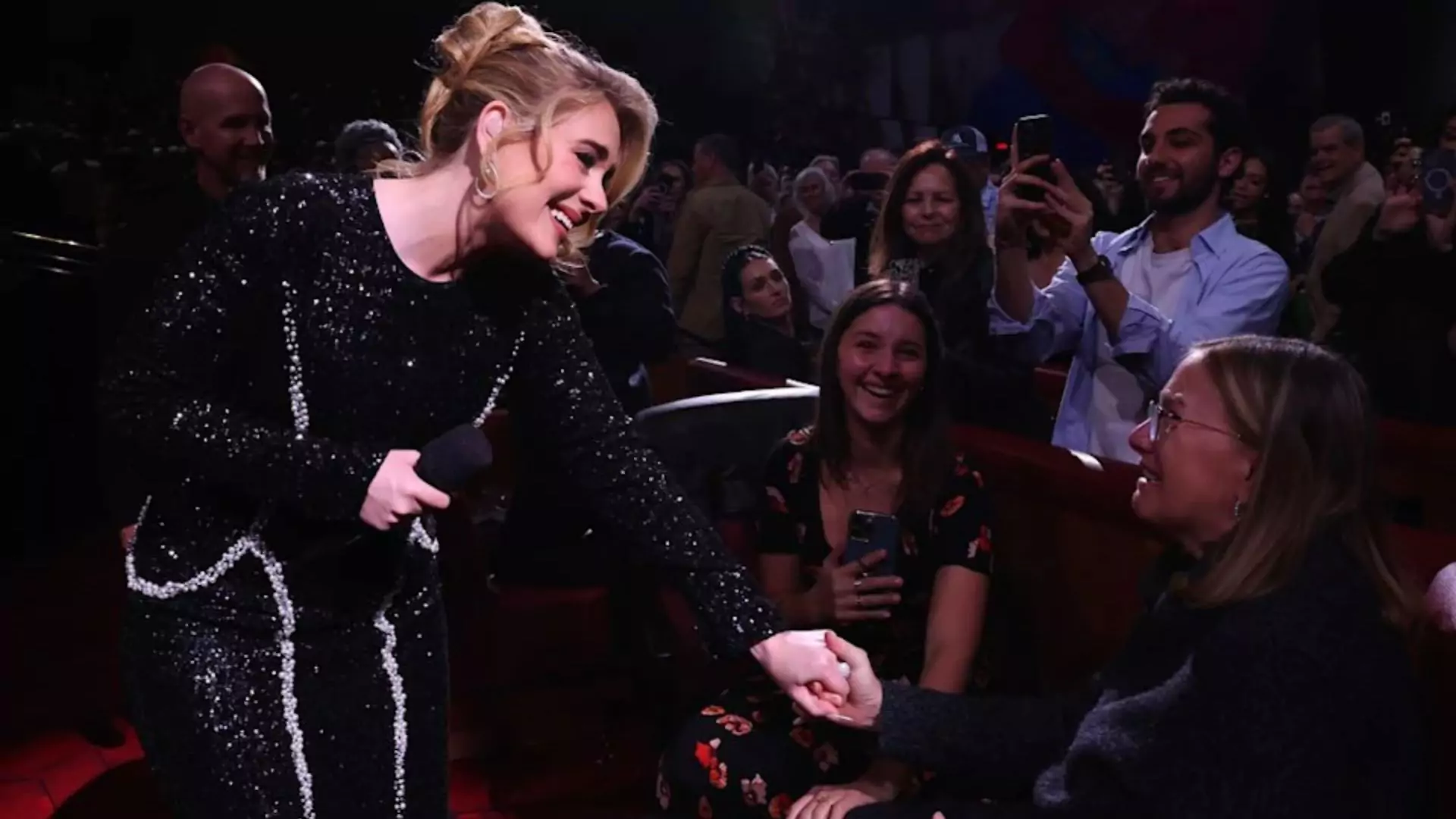After Donald Trump’s electoral victory, Iran President Masoud Pezeshkian has stated again that Tehran needs to adopt a practical approach towards its longstanding foe, the United States. Till date, he has reiterated that Iran cannot afford to ignore Washington, nor can it turn a blind eye toward the signals emanating from the U.S. Capitol Hill now. The country needs to strike a delicate balance between firmness and patience while the situation is being managed carefully with the U.S.
“You have to treat your friends with generosity and your enemies with forbearance,” Pezeshkian added, thus driving home the point that Iran needs to manage the nuances of international diplomacy, especially as its arch-foe, the United States. His views and statements are therefore part of a relatively moderate view within Iran’s leadership circles about how it should contain the tensions with the U.S., which has levied debilitating sanctions on Tehran and played a strong role in the breakdown of the 2015 nuclear agreement.
Trump’s Iran Aggression Policies
For years, the relationship between the U.S. and Iran has been characterized by high levels of animosity, and this is especially true of Trump. In 2018, Trump withdrew the U.S. from that landmark nuclear deal, known as the Joint Comprehensive Plan of Action (JCPOA), negotiated in 2015, and reimposed harsh sanctions as part of his “maximum pressure” campaign against Iran. Instead, while Trump’s policy constituted an approach economically and diplomatically aimed at isolating Tehran, no change took place within the government or the ambitions of Iran.
As he has made it evident that he doesn’t want to do harm to the Iranian people, he has been quite stern about Iran’s nuclear program. “I don’t want to do damage to Iran but they cannot have nuclear weapons,” Trump said during his campaign, underlining his administration’s focus on preventing Iran from acquiring nuclear capabilities.
The Road Ahead: Diplomatic: Talks Ineluctable
The selection of a president less enthusiastic about direct engagement with Tehran did not stop the low-level discussions between the U.S. and Iran on the nuclear deal under President Joe Biden. Yet those indirect talks proved incapable of reviving JCPOA, and Iran has retaliated by starting to reduce its commitments to the nuclear deal after the U.S. reinstated some of its sanctions.
The Iranian government spokesperson, Fatemeh Mohajerani, had said earlier this week regarding the issue that Tehran will be open to any diplomatic effort that advanced its national interest. “What matters will be actions, not words,” Mohajerani said, adding that the final say on the talks was with the Supreme Leader Ayatollah Ali Khamenei and the Supreme National Security Council.
A Call for Strategic Diplomacy
The policy cannot remain isolated from geopolitical reality, said Pezeshkian. Iran must adopt a strategic approach towards U.S. ties while realizing its interests and not isolating itself. Actually, he said the maximum pressure campaign of Trump has failed, even if it was heavily burdening the Iranian people.
Path Forward: Will Trump Change His Tack?
As Trump approaches the point of assuming power in January, it is still left unclear how he will tackle Iran. His campaign rhetoric had made very clear his intention of not letting Iran achieve nuclear power status, but whether he would have the guile to change tack and go back to policies his predecessor initiated remains a far cry from current speculation. It is in this light that the affairs of relations between the United States of America and Iran will most probably unfold in the coming months based on the choices that Washington and Tehran will make.
ALSO READ: Trump Taps John Ratcliffe As CIA Director In New Administration


















